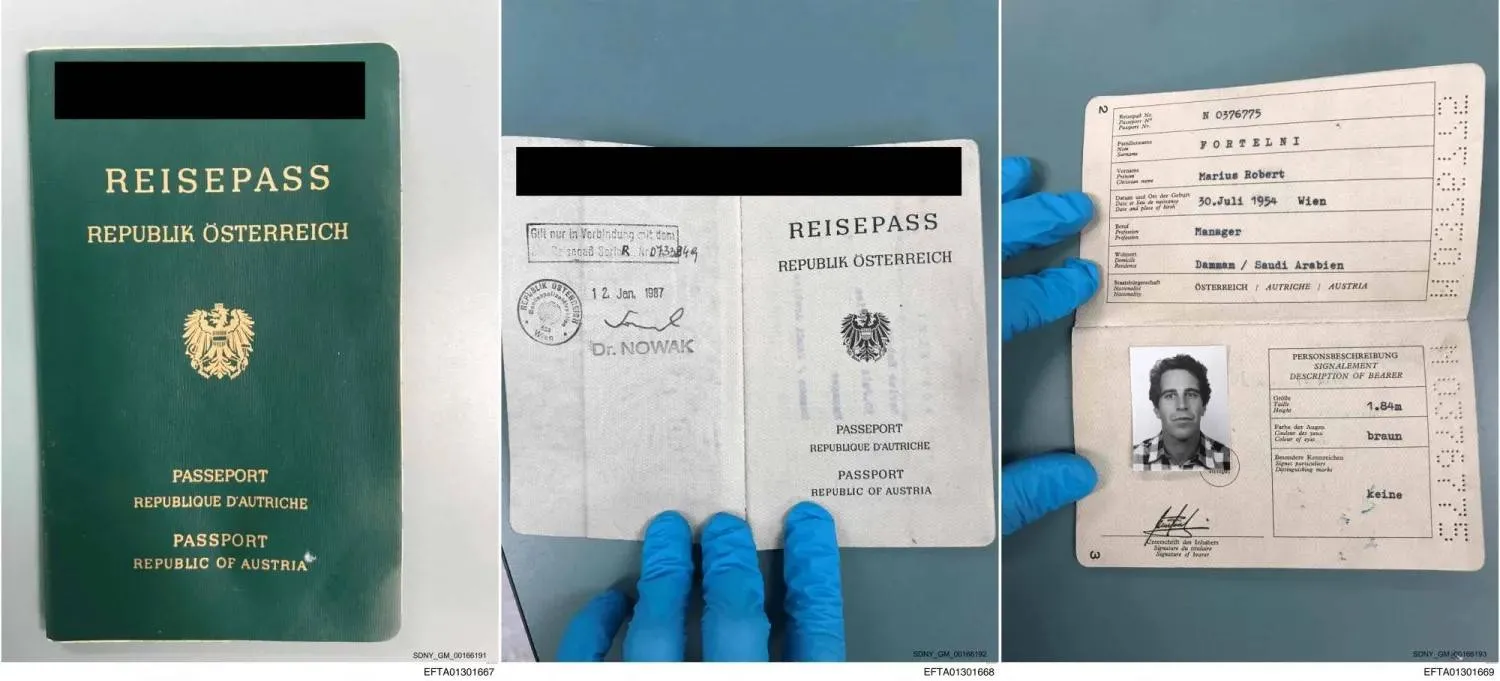French cement maker Lafarge, part of the Swiss-listed Holcim, has pleaded guilty in a US court to the charges of providing support to terrorist organizations, including ISIS, during the war in Syria.
Lafarge agreed to pay $778 million in forfeiture and fines as part of the plea agreement to the US Department of Justice.
The two companies issued a statement saying that Lafarge SA and Lafarge Cement Syria have accepted responsibility for the actions of the individual executives involved, whose behavior was in flagrant violation of Lafarge’s Code of Conduct.
The firm admitted to paying material support to ISIS from August 2013 to October 2014 so its plant in Syria could remain open.
Reuters reported that the admission in Brooklyn federal court marked the first time a company has pleaded guilty in the US to charges of providing material support to a terrorist organization.
Lafarge is also facing accusations in Paris of complicity in crimes against humanity.
Lafarge agreed to forfeit $687 million and pay a fine of $90 million as part of an admission of guilt. The total penalty to be paid by the company is $778 million.
Previously, the cement maker admitted after an internal investigation that its affiliate company in Syria had paid groups to help protect factory workers but denied charges that it was complicit in crimes against humanity.
Holcim said that the events related to the Lafarge factory in Syria contradict its values and that these events were concealed from its board of directors at the time of the merger in 2015.
In 2017, human rights organizations in France accused Lafarge of paying $12.79 million to armed groups, including ISIS, to continue operating in Syria between 2011 and 2015.









